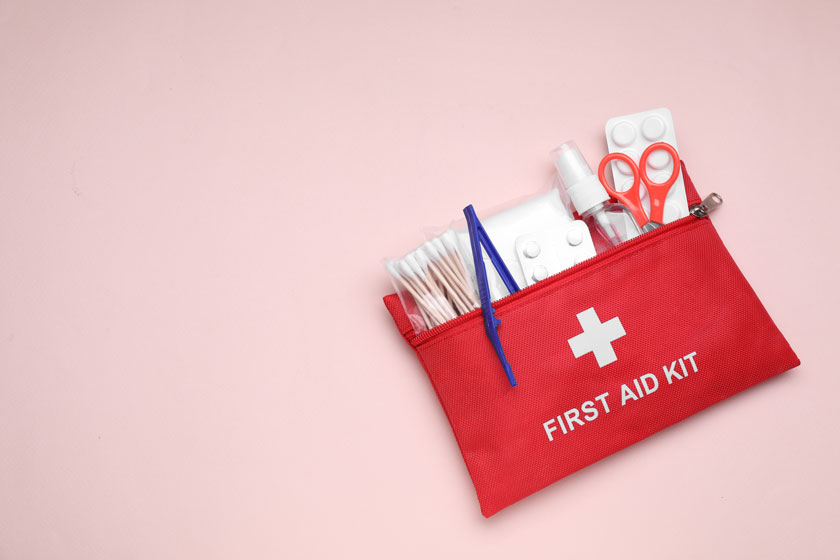As individuals transition into their later years, it becomes increasingly important to address unique health challenges and prioritize safety. For residents of senior homes in Athens, GA, this means not only ensuring a comfortable living environment but also equipping oneself with the necessary knowledge and skills to respond effectively to medical emergencies. From understanding common health risks to creating a safe environment, developing emergency response plans, and mastering basic first aid techniques, we aim to empower residents and their caregivers with the tools they need to stay safe and secure.
Understanding Common Health Risks
Senior living presents its own set of health risks, which can range from mobility issues to chronic conditions and sudden medical emergencies. Falls, in particular, pose a significant threat to the well-being of older adults, often resulting in serious injuries such as fractures, head trauma, and sprains. Reduced bone density, changes in balance and coordination, and vision impairments can all contribute to the risk of falls. Additionally, conditions like heart attacks, strokes, and diabetic emergencies can occur suddenly and require immediate intervention. By understanding these risks, residents can take proactive measures to minimize the likelihood of accidents and respond effectively in times of crisis.
Creating a Safe Environment
Prevention is paramount when it comes to ensuring the safety of seniors in residential settings. Senior homes should prioritize creating a safe and accessible environment that minimizes the risk of accidents and injuries. This involves conducting regular safety assessments to identify potential hazards such as loose rugs, slippery floors, and inadequate lighting. Simple modifications, such as installing handrails, grab bars, and non-slip mats, can significantly reduce the risk of falls and create a secure living space for residents. Additionally, ensuring that walkways are clear and clutter-free and that furniture is arranged to allow for easy navigation, can further enhance safety within the home.
Developing Emergency Response Plans
In the event of a medical emergency, swift and decisive action can be life-saving. Senior homes should have well-defined emergency response plans in place to guide staff and residents in times of crisis. These plans should outline procedures for contacting emergency services, administering first aid, and providing support to those in need. Regular training sessions and emergency drills can help ensure that all residents and staff are familiar with emergency protocols and can respond effectively under pressure. It’s also important for residents to have access to emergency contact information and to know how to communicate their needs in the event of an emergency.
First Aid Basics Every Resident Should Know
While trained medical professionals are available in senior homes, residents should also possess basic first aid skills to address minor injuries and emergencies promptly. From treating minor wounds to managing falls and recognizing signs of medical emergencies, here are some essential first-aid techniques every resident should know:
- Treating Minor Wounds: Minor cuts, scrapes, and burns are common occurrences in daily life. Residents should know how to clean and dress wounds properly to prevent infection and promote healing. This involves washing the affected area with soap and water, applying an antiseptic ointment, and covering the wound with a sterile bandage. Additionally, residents should be aware of the signs of infection and seek medical attention if necessary.
- Managing Falls: Falls can happen unexpectedly, but knowing how to respond can minimize the risk of further injury. If a resident falls, they should try to remain calm and assess for any signs of injury. If necessary, they should call for assistance and avoid attempting to move until help arrives. Placing a pillow or cushion under the head can provide comfort while waiting for medical attention. After a fall, residents should also check for any injuries and report them to staff or caregivers.
- Recognizing Signs of Medical Emergencies: Certain medical emergencies, such as heart attacks and strokes, require immediate intervention. Residents should be able to recognize the signs and symptoms of these conditions and know when to seek help. Common signs include chest pain, shortness of breath, sudden weakness or numbness, and difficulty speaking. If any of these symptoms occur, residents should call 911 immediately and follow the instructions of emergency dispatchers.
Staying safe in senior homes in Athens, GA, requires a proactive approach to prevention and preparedness for emergencies. By understanding common health risks, creating a safe environment, developing emergency response plans, and mastering basic first aid techniques, residents can feel confident in their ability to navigate any challenges that may arise.
With our commitment to personalized care, exclusive lifestyle programs, and a wealth of amenities, we provide residents with the support they need to embrace retirement with enthusiasm and joy. Whether enjoying the tranquility of our garden campus, indulging in delicious meals, or exploring the vibrant culture of Athens, residents can rest assured that they are living their best lives in our community. If you’re ready to embark on a journey of comfort and companionship in your golden years, we invite you to schedule a tour and discover all that we have to offer. Your new home awaits!







